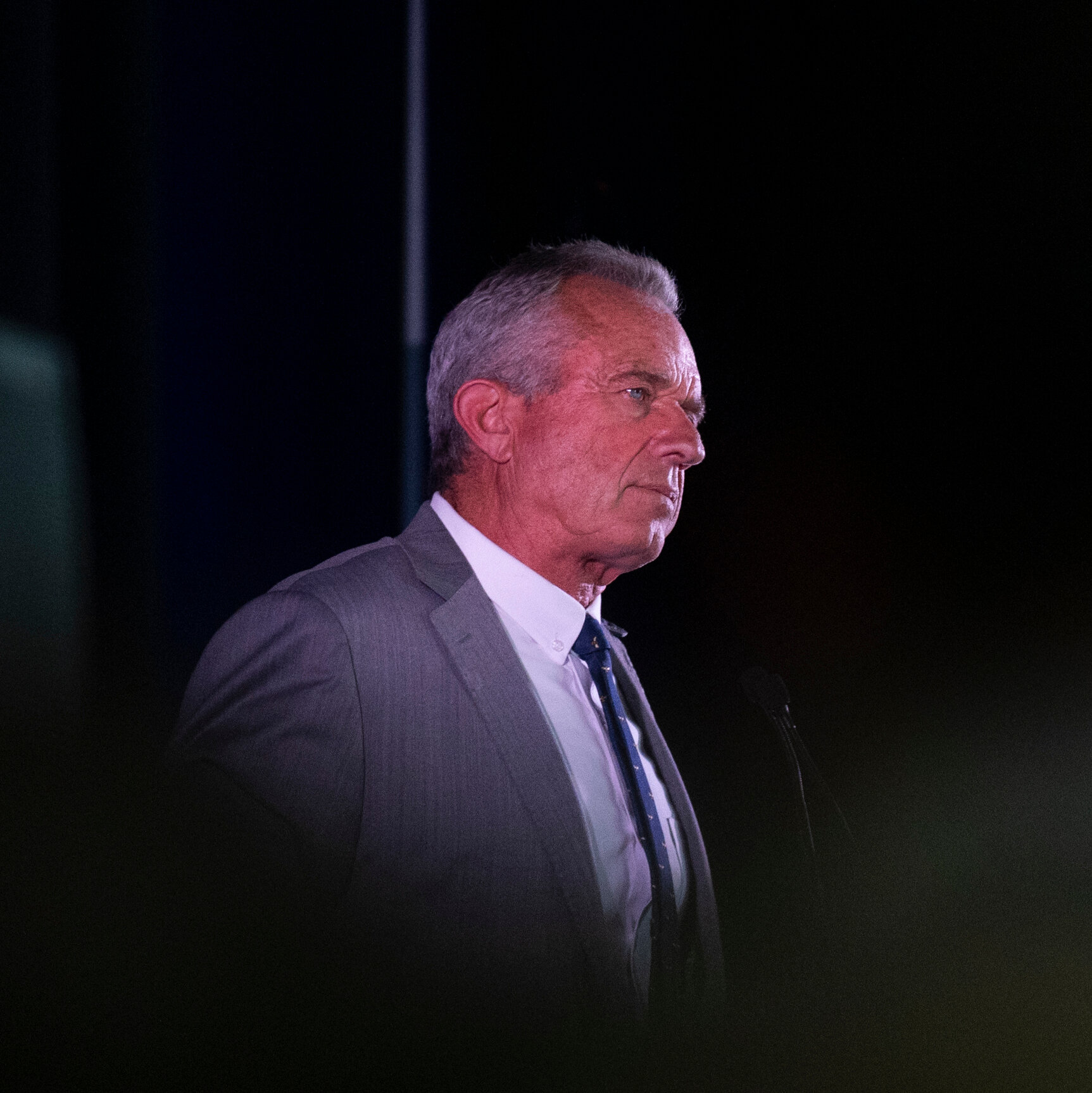
Navigating the Regulatory Landscape: Unpacking the Debate Around Industry Oversight
In the aftermath of the 2016 election, Robert F. Kennedy Jr., a vocal advocate for health freedom, has become a controversial figure in U.S. policy discussions. Known for his stance on vaccine safety, Kennedy has now turned his attention to government oversight, particularly focusing on agencies like the Food and Drug Administration (FDA) and the Environmental Protection Agency (EPA). As one of President-elect Donald J. Trump’s key advisers on health matters, Kennedy’s growing influence has sparked significant debate over the future of regulatory frameworks governing industries ranging from pharmaceuticals to food safety.
Kennedy’s central critique is that government agencies, including the FDA, have become excessively bureaucratic and are hampering innovation and economic growth. He argues that overregulation stifles the potential of businesses and prevents the rapid introduction of potentially life-saving products, especially in the pharmaceutical and alternative health sectors. Kennedy’s proposals reflect a broader push for deregulation, advocating for less government interference in industries like food, pharmaceuticals, and energy.
The Case for Deregulation: A Call for Innovation
At the heart of Kennedy’s argument is the idea that excessive regulation has created barriers to innovation. He believes that many of the FDA’s stringent approval processes for new drugs and medical treatments hinder the development of promising therapies, particularly those outside the mainstream. For example, Kennedy has raised concerns about the restrictions placed on alternative health products like raw milk and stem cells, arguing that loosening these regulations could promote new forms of treatment and support the health autonomy of individuals.
Critics of this approach, however, highlight the risks involved. The FDA’s rigorous approval process is designed to ensure the safety, efficacy, and quality of products before they reach consumers. While there is a valid argument for reducing unnecessary bureaucracy, the potential dangers of relaxing safety protocols could result in harmful consequences for vulnerable populations, particularly those relying on life-saving treatments.
The Balancing Act: Safety vs. Speed in the Pharmaceutical Industry
In the context of the pharmaceutical industry, Kennedy’s perspective aligns with a broader call for faster drug approvals. By streamlining the FDA’s review process, he argues, the agency could enable new treatments to reach the market more swiftly, benefiting patients in need. This approach advocates for a shift in focus from lengthy regulatory periods to quicker pathways that prioritize patient access to care.
However, public health experts caution that speeding up the approval process could compromise safety standards. The FDA’s in-depth testing requirements are designed to safeguard public health, ensuring that drugs are both effective and free from harmful side effects. Rushing this process could erode trust in the medical system and ultimately harm consumers.
Energy and Environmental Sectors: A Continued Debate on Deregulation
Similar debates are unfolding in the energy sector, where issues like fossil fuel extraction, fracking, and renewable energy regulation continue to divide policymakers. Kennedy and other deregulation proponents argue that easing restrictions on fossil fuels would reduce energy costs, increase domestic production, and boost job creation. They contend that the U.S. has the potential to be more energy independent if industry constraints are relaxed.
However, environmentalists raise concerns that reducing regulations on energy production could exacerbate climate change, increase pollution, and jeopardize public health. Advocates for stringent environmental regulations assert that we must prioritize the long-term health of the planet over short-term economic gains.
A Nuanced Approach: The Future of Industry Regulation
The debate between regulation and deregulation is far from one-sided. While there are valid points on both sides, the issue requires a nuanced approach that balances economic growth with public health and environmental sustainability. As Kennedy’s influence grows and the new administration takes office, the ongoing discussions around the FDA, EPA, and other regulatory bodies will play a pivotal role in shaping the future of American industries.
Kennedy’s stance on deregulation is indicative of the broader struggle to find equilibrium in a rapidly changing world. As industries evolve and new technologies emerge, so too must our regulatory systems adapt. The challenge will be to craft policies that promote innovation while ensuring that public welfare, safety, and environmental protection remain at the forefront of regulatory efforts.
Where Do You Stand?
As we look ahead, it’s important to consider where we stand in this debate. Should we prioritize a deregulated market that allows businesses to thrive without excessive oversight, or is strong regulation essential to protect public health and the environment? This conversation is not just about policy; it’s about the kind of future we want to create for our economy, health systems, and planet.
Engaging with this discussion is essential, as the choices we make today will shape the policies of tomorrow. The decisions made regarding FDA reforms, energy regulations, and health oversight will have far-reaching consequences for generations to come.
Originally published on The New York Times.

